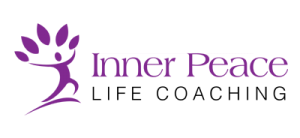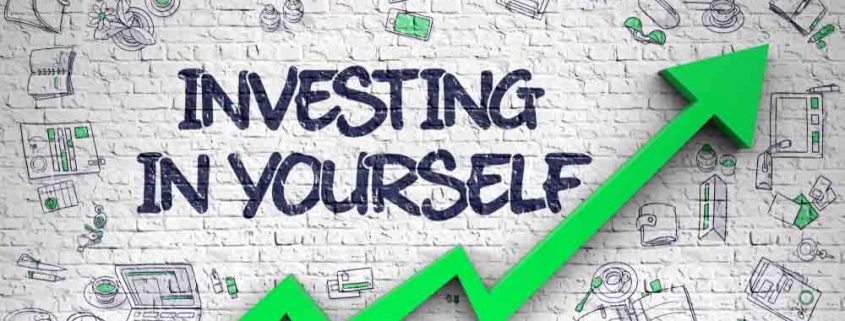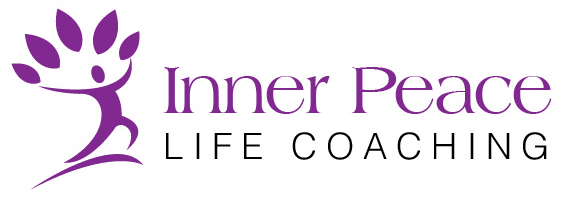The Confidence Paradigm
The Confidence Paradigm
Mark Twain once remarked, “A man cannot be comfortable without his own approval.” According to popular consensus, either one is equipped with confidence or it’s a struggle to master the craft. Brian Tracy, the author of many self-help books argues that one might have intrinsic abilities, but what separates the truly successful from average performers is the ability to constantly upgrade their craft and I couldn’t agree more with him on this.
In an era distinguished with speed and the constant battle to stay on top of the game requires confidence. The astute observation of a popular comedian drives home this point, quite often overlooked, “If you don’t believe in yourself, who will?” Confidence is the trait or quality that can unlock one’s potential and open up a whole vista of possibilities. Dalai Lama’s take on confidence is the cornerstone and quite succinctly embodies a world of meaning, “With the realization of one’s own potential and self-confidence in one’s own ability, one can build a better world.”
All too often, we are consumed with thoughts of uncertainty and fear, which may be unfounded. Science has proved that most of our assumptions are baseless. And then, of course, it’s a battle with one’s own inner critic. All of these thought processes have unimaginable repercussions and has the power to stunt an individual’s growth. In my quest to know more about this principle, I went through tons of articles and observed people in various settings and the results were striking. But first, let’s address one key principle and an absolutely undeniable fact. We are extremely concerned about people’s opinions, whether correct or incorrect and that creates the bedrock for most of our actions. Mandy Hale remarks, “Just be yourself. Let people see the real, imperfect, flawed, quirky, weird, beautiful and magical person that you are.” But, that’s precisely the problem. Most people would rather present a perfect picture and gain instant approval. Eventually, that leads to discord as one is unable to live up to the lofty expectations that were established in the first place.
Confidence, the real deal comes across as authentic and is backed up by solid self-esteem which is self-governed and is hardly bothered by critics, real or imagined. It is characterized by a disarming and humble demeanor. Yes, you heard that right. Strength cloaked in humility. It’s the ability to lay one’s cards on the table and say, “Sorry, could you teach me how that’s done?’ Those are the kind of people who have built empires and billion dollar corporations. Confidence comes not from always being right, but from not fearing to be wrong.
Now that we have established a few key principles, let’s dive deeper into the elements of confidence.
I don’t know – That seems utterly ridiculous, and can spark gossip and verbal humiliation. But, it can also lead to rich dividends. The truly confident individual is a lifelong learner and can handle criticism with grace. Over a period of time, the same individual has learned the rules of the game and is on the path to super growth.
Know who you are- Of Course, you may counter, “I know who I am”. Really? Honest self-assessments are the hallmark of super successful individuals. They know where to draw the line and inevitably those who make the greatest pitch.
Resolve to stop the Comparison Game- We all have a different mountain to climb. Win the battle, not every race. Confident people resolutely run their own race, avoiding the temptation to compare constantly.
The Optimistic Outlook- Life can be hard enough. Let’s stop being too harsh on ourselves. These individuals have mastered the ability to appreciate life’s battles, knowing that it will serve to make them more resilient. Confidence is not, “They will like me. Confidence is, “I will be fine if they don’t.”
Never doubt your ability to grow and enlarge your vision. It all starts with YOU! Whether it’s succeeding in business or dating a new person, it all rests undeniably on the confidence paradigm. Confidence is taking charge of your future and accepting total responsibility. “It’s not who you are that holds you back, it’s who you think you are Not.”
As an NLP Trainer and Coach, one of the most commonly asked issues is how to build confidence. Here are simple steps to build confidence.
-
Think when was the last time you felt highly confidence and you would rate this experience on a scale of 0-10, 0 being least motivated and 10 being highly motivated somewhere above 6.
-
Now, imagine you are reliving that experience and seeing what you could see in that state of high confidence, hear what you could hear and feel how confident you are feeling at that moment.
-
When you are at the pinnacle of this experience, I want you to do something unique which you can remember, like for eg, touching one of knuckles or click of fingers or something which is unique and you will remember. ( This acts as an anchor for you)
-
Take 3 or 4 deep breaths and
-
Now do you unique action (touching your knuckles or clicking your fingers) – This will instantly take you back to the same memories which you had thought about before anchoring.
You may want to get in touch with an NLP Practitioner, to get this done perfectly and for different things in your life like improving motivation, getting rid of the habit of procrastination, changing from confusion to understanding, getting clarity on something, etc.
The coach can also guide you even you don’t have any previous encounter with confidence.
I use a variety of techniques like NLP, Hypnosis, EFT, Energy Healing and Reiki.
Michael Jordan sums it up beautifully, “If you are confident you have done everything possible to prepare yourself, then there is nothing to fear.”
IPLC Team










